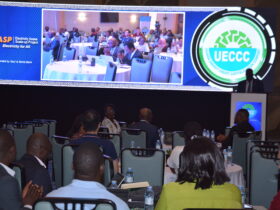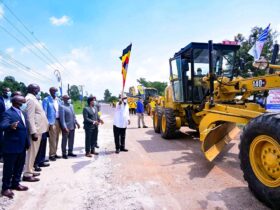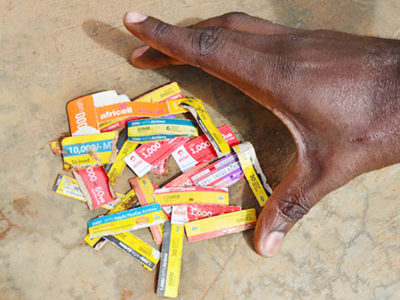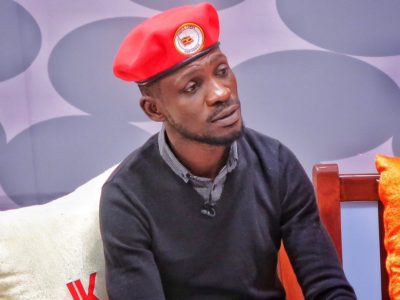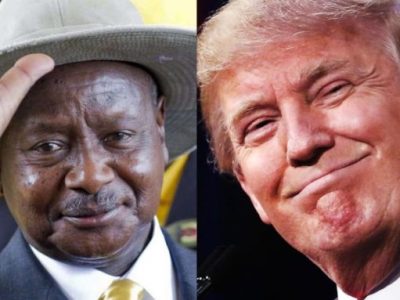When Roy Nyamutale Baguma, the recently appointed Managing Director of the Uganda Energy Credit Capitalisation Company (UECCC), discusses Sustainable Energy solutions, it’s evident that his enthusiasm for his role is profound. With a distinguished career in development finance spanning 28 years, Baguma possesses the insight, passion, and leadership necessary to seamlessly transition into his new role.
“After having served for 15 years propelling rich entrepreneurs to access big loans and gain more profit, I wanted to join a development finance aspect that would be able to assist in eradicating poverty, and also assist in climate change mitigation and adaptation measures,” says Baguma.
“So that is what attracted me to come and work for UECCC. I served as the Manager of Transaction execution and was subsequently promoted to become Director of Transaction Execution. I served in that position for 13 years, and after that, the board appointed me to become the Managing Director for Uganda Energy Credit Capitalisation Company with effect from 1st April 2024.” Baguma states.
Baguma’s appointment comes at a time when electrification in the rural areas of Uganda is approximately 50% and 95% of Ugandans use solid biomass fuels for preparing meals and live without clean cooking solutions. With the Energy Transition plan by the Ministry of Energy and Mineral Development now in place, Uganda hopes to expand low-emissions electricity across the country to deliver Universal energy access by 2030. Key to the realization of the Energy Transition Plan’s goals is Uganda Energy Credit Capitalisation Company amongst other Government Agencies in the energy sector.
“Uganda Energy Credit Capitalisation Company is in place to catalyze financing towards renewable energy development and access programs. So we are an enabler, a facilitator, a catalyst, and we partner with financial institutions and energy service companies to be able to address the challenges of the key parties that can bring in financing for clean and modern energy services. So, in very simple terms, were are here to address the challenges that financial institutions have in extending financing to households and enterprises to access clean energy solutions for access to electricity, clean cooking and productive uses of energy for income generation,” Baguma reiterates.
Currently, UECCC is also involved in developing nine mini-hydroelectric power stations(Orio Mini Hydro Power Project) in the country within the framework of the Uganda Energy Capitalisation Trust. UECCC accessed a Grant of up to 13.1 million from the Government of the Netherlands to implement the project across seven districts in Uganda. Hoima, Kabarole, Bundibugyo, Bunyangabu, Kasese, Mitooma, and Bushenyi will be the beneficiaries of the project that hopes to deliver a 288km distribution network and 71,081 last-mile connections.
“These nine sites were carefully selected. They are not attractive to the private sector. Their generation capacities are low, but they are very important for those areas with challenging topography and deliver a stable and reliable source of power for rural electrification which mitigates the challenges of wheeling power over long distances ,” Baguma adds.
Beyond the Orio-Mini Hydro Power Project, UECCC’s collaboration with over 21 financial institutions has facilitated up to 14,000 loans and energy connections, benefiting households, commercial enterprises, and institutions. The company’s efforts have resulted in over 1.4 million Ugandans accessing electricity especially in the in the rural and underserved areas.
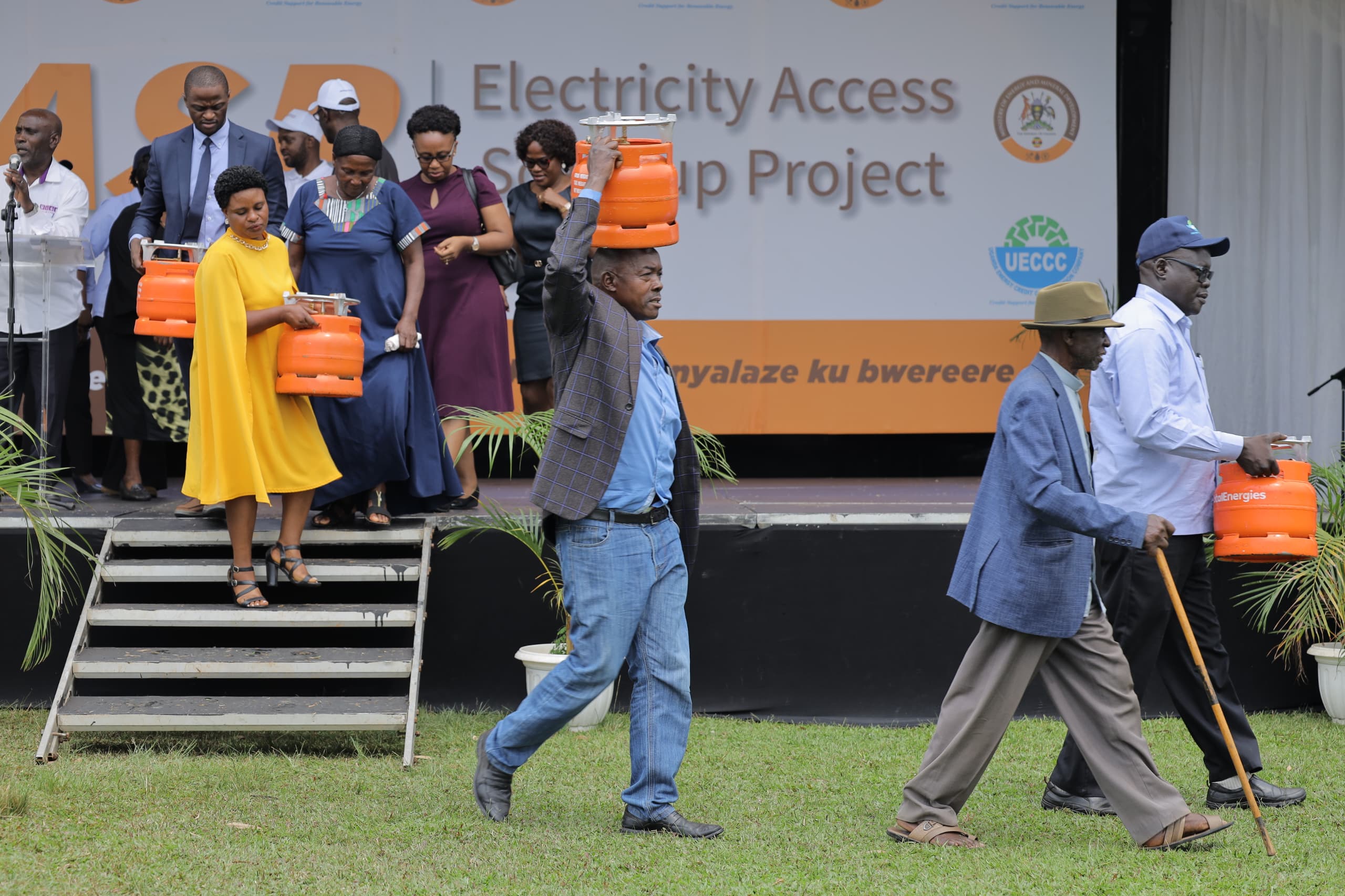
Electricity Access Scale-up Project Launch in Mitooma District (February
2024)
Furthermore, UECCC is at the forefront of the Electricity Scale-Up Project supported by the World Bank, which is a comprehensive effort to increase electricity access across Uganda, targeting households, commercial enterprises, industrial parks, and public institutions. Mr. Baguma reiterates that their role within this project involves providing end-user- demand side financing and supply side financing for Energy Service Companies dealing in solar systems for lighting and charging, clean cooking solutions powered by solar, ethanol, briquettes, liquified petroleum gas, biogas and productive use of energy equipment such as water pumping, irrigation, refrigeration and cooling, water heating, and grain milling.
“In 2017, the Electricity Connection Policy came into place. The government-pronounced a policy which ensures that every household will access a single pole and no pole service, it’s going to be free. And these are the connections that are going to be given under the on-grid component of the Electricity Access scale-up project being implemented by the Ministry of Energy and Mineral Development,” Baguma quips in.
Baguma emphasizes that UECCC’s work is about coming up with innovative financing solutions and technical assistance programs that facilitate players in the energy sector to promote and deliver clean energy technologies to the public.
“We are here to serve as a market maker in the financing industry. If the financial institutions feel that energy service companies lack collateral as they access working capital, we are there to be able to discuss and come up with an instrument that can facilitate energy service companies to access working capital from the financial institutions. If the financial institutions have challenges in understanding renewable energy project applications, we are there to be able to provide technical assistance so that they can understand it better,” Baguma adds. “UECCC is the administrator of the Uganda Energy Capitalisation Trust, which is a framework for pooling resources from development partners and government and to channel the same towards Renewable Energy Development and increased access to clean and modern energy services”. More specifically the Company is mandated to facilitate private sector participation in financing of renewable energy development through provision of financial and technical support that addresses barriers inhibiting effective private sector participation.
Beyond UECCC, Baguma has a life that props up his ability to deliver on the job. He is a family man with four children, his life mantra is “the pursuit of money has no end but being able to do something that you are passionate about, which changes other people’s lives, is more satisfying.” While he is passionate about the environment and sustainability, the last book he read “The Monk Who Sold his Ferrari” by Robin Sharma, suggests that Baguma’s life is rooted in a life of passion and purpose.


